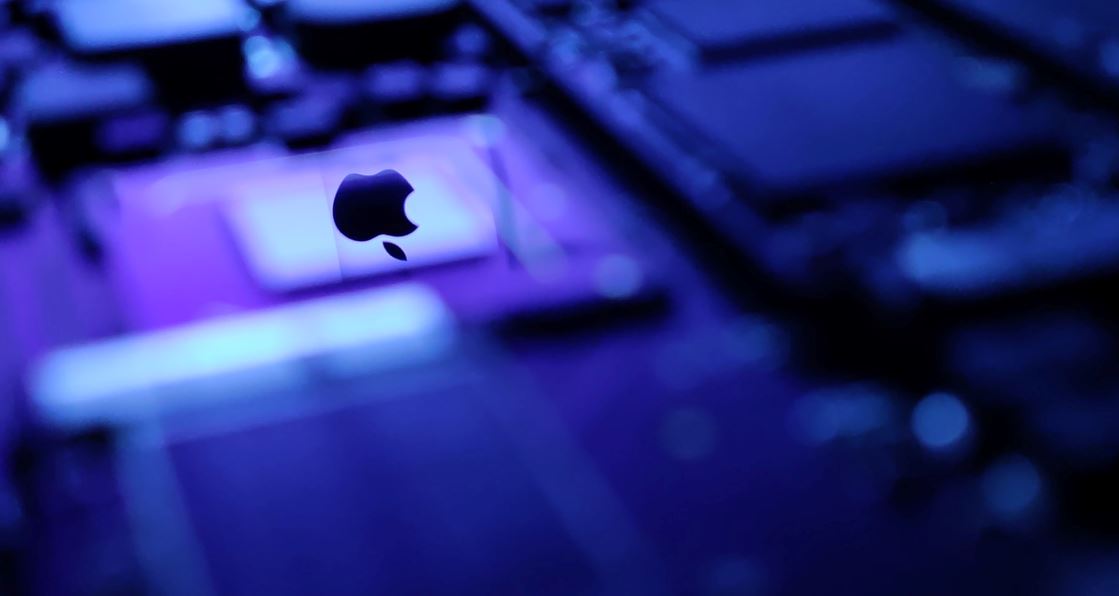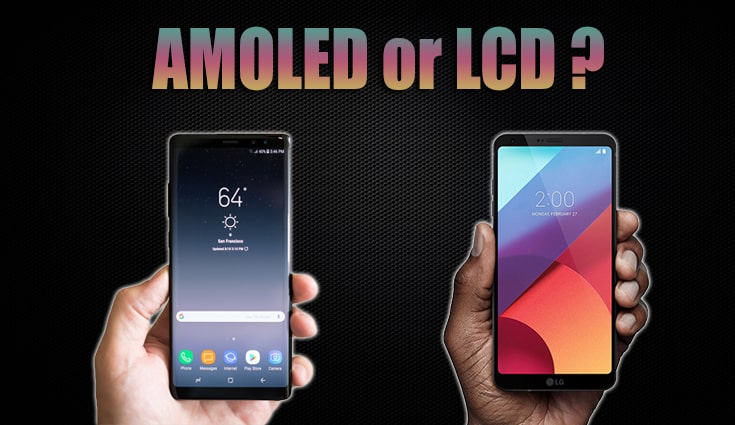We often hear that leaving your laptop plugged into the mains when it has reached 100% charge damages the battery. But what is the real reason for this?
Most of us charge our mobile at night. While a full recharge takes a few hours at most, the phone often stays plugged in for eight hours or more!
However, smartphones are equipped with a lithium-ion battery, which has the advantage of recharging quickly, but is damaged when it is subjected to too high a voltage. In addition, overcharging can overheat the battery and in some cases cause it to ignite, as we saw with the Galaxy Note 7 which caught fire.
To prevent this phenomenon, however, most manufacturers have equipped phones with systems that automatically stop the current when the charge is full. The problem is that even when not in use, the phone suffers a weak discharge.
As soon as the battery drops below a certain level, it will restart the charge again until it reaches 100%, and so on several times during the night. So many “mini charges” that wear out the battery prematurely and overheat the phone.
The charger alone also consumes electricity
Moreover, the telephone is not the only one to consume energy. When the battery is 100% charged and the charger remains plugged in, the charger continues to absorb electricity.
According to the Berkeley Lab, a charger thus represents an average power of 3.68 watts when charging and 2.24 watts when it remains connected to the mains while the battery is full. A useless waste of energy.
To increase the life of the battery, it is recommended to always keep a charge between 30% and 80%, i.e. do not wait until it goes completely flat or charge it to the maximum.




